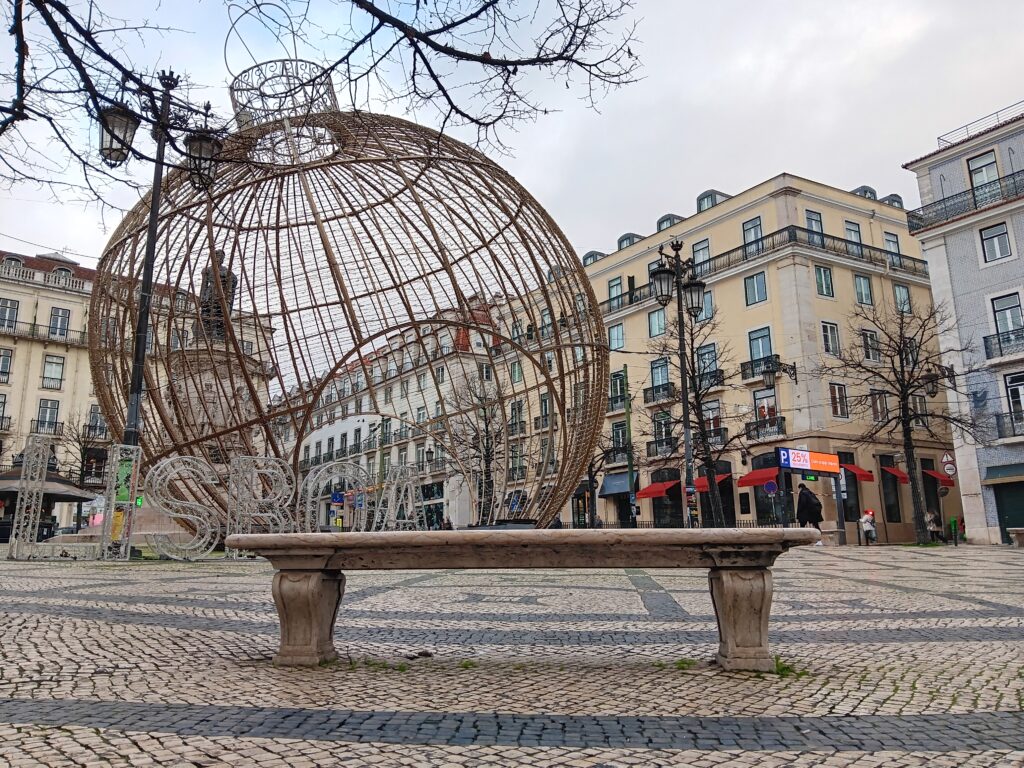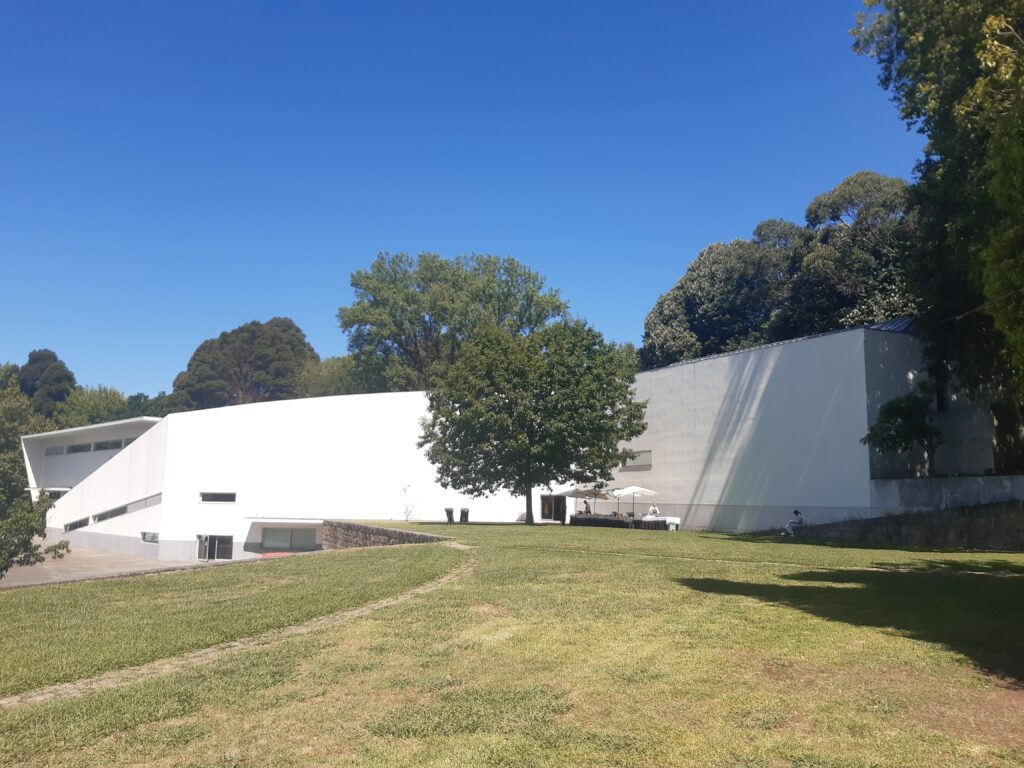Lisbon and Porto Shared Metropolis
Sustainable Tourism Beyond City Centre
Abstract
The metropolitan areas can be presently the most relevant actors for leadership and competitiveness. They shape our present “way of life” and require a higher level of coordination for regional planning and institutional governance. The international tourism came as an economic key element for metropolitan governance and, possibly, it will be even more relevant in the coming years. To improve it, previous research has shown that changes in the institutional marks need to be balanced with good results from the technical issues of planning practices (Florentino, R., Fernández Güell, J.M., 2017).
Before the covid 19 health crisis, there was a huge transformation of the two Portuguese major cities – Lisbon and Porto, causing conflicts that affected the urban environment, their citizens, social and economic activities, and neighbourhoods. The global mobility has changed specially their historical centres, producing different consequences: some positives, like urban regeneration, the renewal of public space, employment, and economic development, but other negatives, as the real estate gentrification, social fragmentation and the loss of urban identities and their traditional character. And previous research has shown also that there is some negative perception of residents concerning tourism and urban landscape (Freitas, I.; Sousa, C.; Ramazanova, M., 2021).
The need of balance to solve these kinds of problems is connected to the idea of shared places, appropriate for both local inhabitants and tourists. This emerging concept in the field of urban planning matches the contemporary way of business, referred as shared economy. A larger scale approach may improve the quality of public realm, as the new technologies’ applications, which share the access of goods and services, extending his benefits to wider territories and communities.
The recent transformation of both Porto and Lisbon city centres has been subject of significant social debate mostly between 2010 and 2020 – the decade of higher touristic pressure (Tenreiro, José Pedro, 2021). Porto is often addressed for his urban evolution and socioeconomic shift, as well as the Lisbon downtown, focused in several recent literature on the subject (Fernandes, José Alberto Rio et al., 2019). Nonetheless, the transformations beyond central areas remain unaddressed and need to be considered in the mark of sustainable tourism.
The foresight studies are then an important tool to understand what will expect us, as the increase of specialized sectors and clearly impacts on housing, either for landowners or tenants. In the context of the sustainable development goal for cities and communities (SDG number 11), if there is an opportunity to growth, maybe we should spread it into their metropolitan areas, beyond the city centres. The analysis will address this main question: how should we balance the tourism activities with the urban cohesion of Porto and Lisbon?

Camões square in the historical centre of Lisbon

Contemporary architecture listed for World Heritage Site
Goals
As embryo research, the project will balance the metropolitan areas of Lisbon and Porto case studies, to study and propose new shared places for tourism beyond the central areas, contributing to preserve urban identities and improve their sustainable development and governance. The project aims:
1. To map the new places for tourism development, considering the cultural heritage of Porto and Lisbon metropolitan areas.
2. To establish the conditions for sustainable tourism in more shared places at larger scale, which may contribute for the improvement of neighbourhood’s urban environment and the life quality of their residents.
3. To challenge the governance of these two metropolitan areas, for complementary actions as partners of international best practices, considering the attractiveness of their urban and regional differences.
These goals are connected to the Portuguese competitiveness strategy, especially in what concerns the exploration of the cultural heritage, and link also to the regional development strategies: the domain of the symbolic capital, technologies and tourism services in the North, and the intention to reinforce the Lisbon brand, at a larger regional scale.

